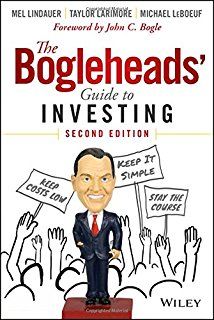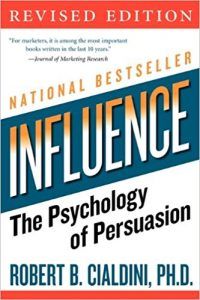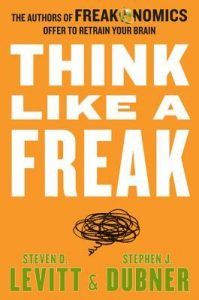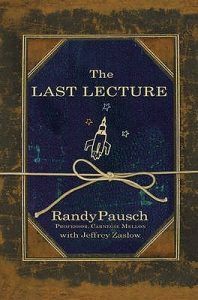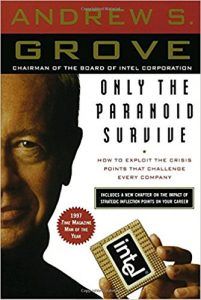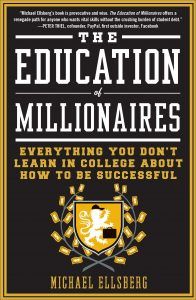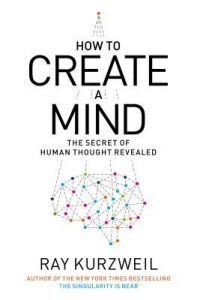Some salient notes from the book
If there’s an elephant in the room, introduce it. Even if you are in the position of strength, be fair. Have something to bring to the table, people would be more welcoming of you to join in then. Get the fundamentals right, fancy stuff does not work without that. When you are screwing up and nobody says anything, they have given up on you (that’s a really bad place to be). Playing sports is not about learning the technicalities of the game but about teamwork, perseverance, sportsmanship, the value of hard work and ability to deal with adversity. The brick walls are there for a reason. They are not there to keep us out, they are there to give us a chance to show how badly we want something. Manage time explicitly like money You can always change your plan, but only if you have one. Ask yourself: are you spending your time on the right things Delegate your work as much as possible What’s more fun than fulfilling one’s own dreams is to help someone else fulfill their dreams. Use positive language, “When does this [Disney] park close?” is to be responded with “This park is open until 8 PM”. Don’t complain about your problems, whining does not help, focus on working harder instead. Almost everyone has a good side, if you wait long enough, it will come out. Focus on what people do not what they say. Experience is what you get when you didn’t get what you wanted. You can be an optimist if you have a contingency plan for what to do when all hell breaks loose. A bad apology is worse than no apology. No job is beneath you, do your best at whatever job you are put to. Rights come with responsibilities. If you lead your life the right way, the karma will take care of itself. The dreams will come to you.

